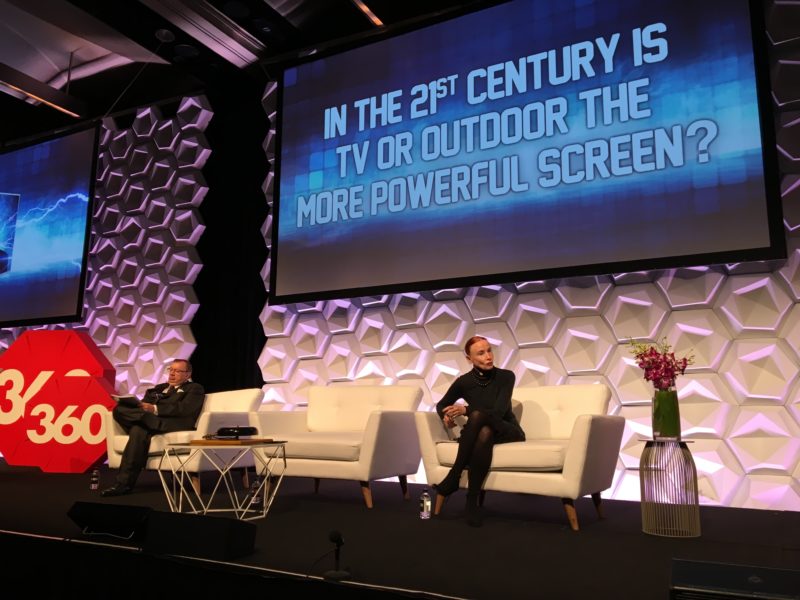‘Nobody builds brands anymore’: Harold Mitchell
In the age of Google, no-one is bothering to build brands, Australian media veteran and chairman of FreeTV, Harold Mitchell, has said in a debate at Mumbrella360.
In the debate with QMS Media’s director, Anne Parsons, Mitchell said the “bigger argument to have outside of this room” was what Google has been doing.

Parsons and Mitchell went head to head in a session moderated by PHD Australia’s Mark Coad at Mumbrella360


Let’s take a look at this statement from the text:
“Nobody builds brands anymore and that’ll come back to haunt a lot of people in the space of time.”
Maybe they don’t sit there consciously building a brand… However…
Almost everything they do, which includes a customer or involves an interaction with a customer- is building a brand.
The main thing to focus on- is that the building is positive. Subtle cues and signals send out (sometimes not-so subtle) messages- and these have an influence on others’ perception of the brand or entity delivering that message.
Yawn!
I’d say Rod Simms is correct, the digital out of home screen advertisers need to engage with their customers a lot more. Parsons THIS INCLUDES YOU. Iv’e contacted QMS media twice by differing means and they have failed to contact me. If you don’t communicate with your customers what do you have…